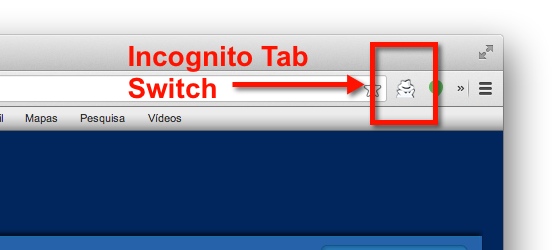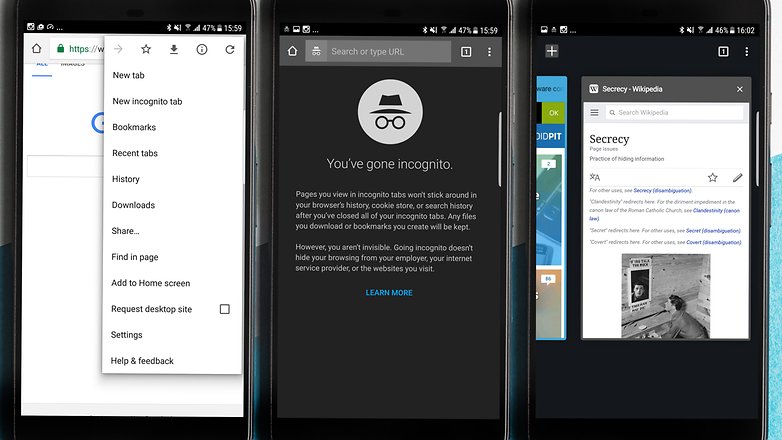


Locked Incognito sessions first became available on Android in 2022 - over a year after Google started testing it for iPhones and iPads - but as an experimental feature you'd have to activate via a flag. When this feature is switched on, you will have to verify your identity through face or fingerprint authentication every time you return to an Incognito tab after exiting Chrome or navigating away to another app.

The tech giant has revealed in a blog post (via The Verge) that the ability to lock Chrome Incognito sessions behind biometric authentication on mobile is currently making its way to Android users after debuting on iOS. Google is rolling out a feature to Android that will add an extra layer of privacy when you browse websites in Incognito mode.


 0 kommentar(er)
0 kommentar(er)
